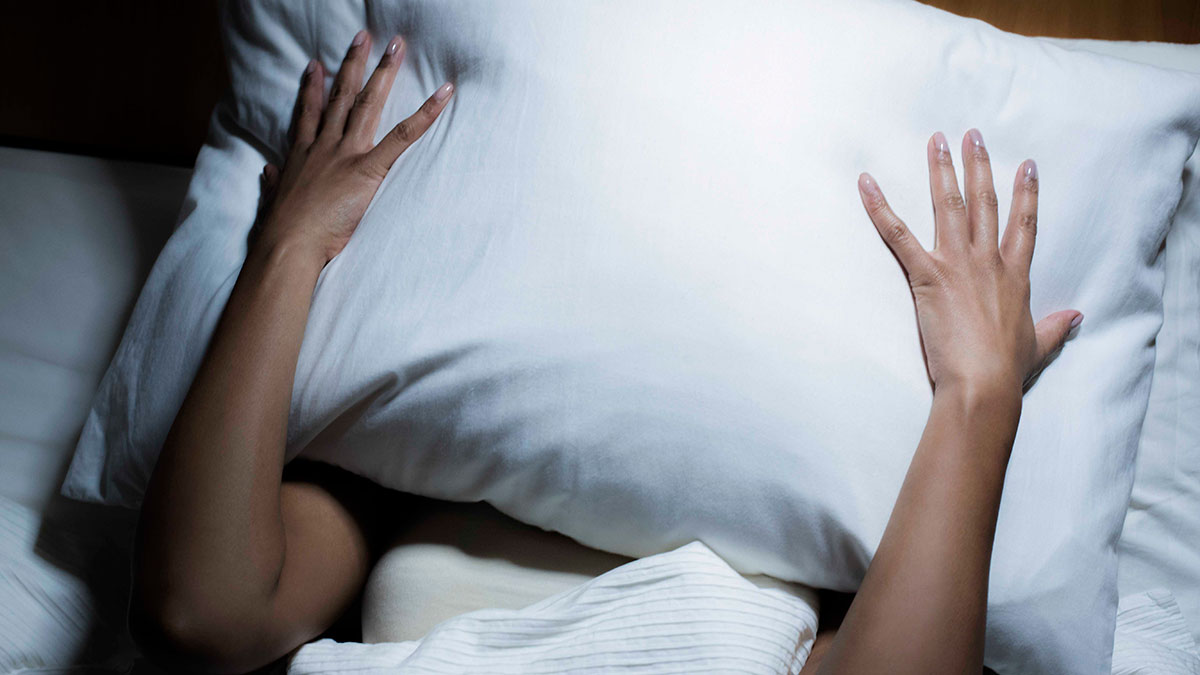Spring has sprung, meaning it’s time to clean your house. Check out these handy tips, tricks, and tutorials to get your home looking brand new in no time.
Why quality sleep is the ultimate health investment

One of the most important things for sound physical, mental and emotional health is quality sleep – but why?
If you’ve ever spent hours tossing and turning in bed unable to get to sleep – you’re not alone. In fact, one in three Australian adults aren’t getting enough shut eye, as well as a quarter of Australian teenagers.
The problem with this is that frequent sleep disturbances play a large role in poor physical, mental and emotional health according to the Sleep Health Foundation and can leave you feeling far worse than just a little grumpy.
You could say that sleep and health go hand in hand, which means getting a good night’s rest is paramount to feeling and performing our best.
How does sleep affect your body?
Sleep impacts almost every tissue in your body, meaning when these tissues aren’t given the opportunity to repair overnight, the affects can be widespread.
Typically, a lack of sleep can affect:
- Memory
- Concentration and thinking
- Mood
- Weight
- Sex drive
- Immune system
How does sleep affect your brain?
Studies show that memory preservation, as well as the discarding of irrelevant information, occurs during the non-rapid eye movement (NREM) and rapid eye movement (REM) stages of sleep.
This means that insufficient sleep alters this processing and affects the performance of our brain.
A healthy night’s sleep consists of four sleep cycles- the first two are light NREM sleep, while the third is deep NREM sleep. These three cycles prepare our brain to learn new information the next day, as well as filtering information from the day we’ve just had.
The fourth cycle is deep NREM sleep which sorts through our emotional memories and improves our coping mechanisms.
When these cycles are disrupted, it can lower our ability to learn and think by as much as 40 per cent, greatly reducing our capacity to function optimally the next day.
A big contributor to getting your brain ready for sleep is creating an ideal sleeping environment, which means it might be time for a bedroom makeover – think new sheets, pillows, quilt covers, and even furniture to reduce clutter and keep things organised.
But when it comes to getting a good night's sleep and improving brain performance, you can’t look past a quality mattress, because it’s estimated we spend more than 25 years of our lives sleeping.

A lack of sleep affects our ability to think by as much as 40 per cent. Image: Getty
How to improve your sleep quality
Along with proper mattress support, a good sleep environment and a consistent bedtime, there are several other things you can do to support good sleep and good mental health, according to the Sleep Health Foundation.
- Keep entertainment and tech devices outside of the bedroom
- Sleep between 7-8 hours a night, and avoid over sleeping
- Calm your mind before bed and practice self-care. Try these podcasts to ease your mind
- Avoid caffeine and alcohol at night as these are stimulants and will disrupt your NREM sleep
- Seek professional medical advice if sleeplessness becomes an ongoing problem
Follow these daily practices, along with proper dietary intake, and you’ll be improving your sleep quality and health in no time – because sleep and health really are two sides of the same coin.


